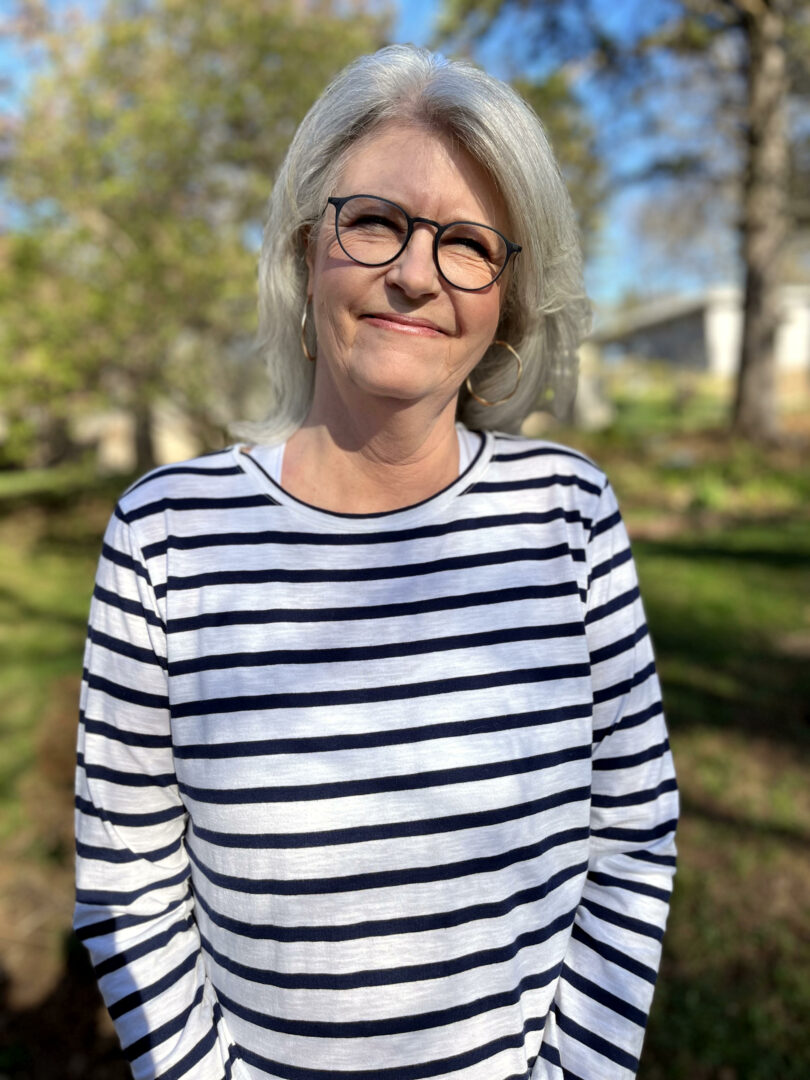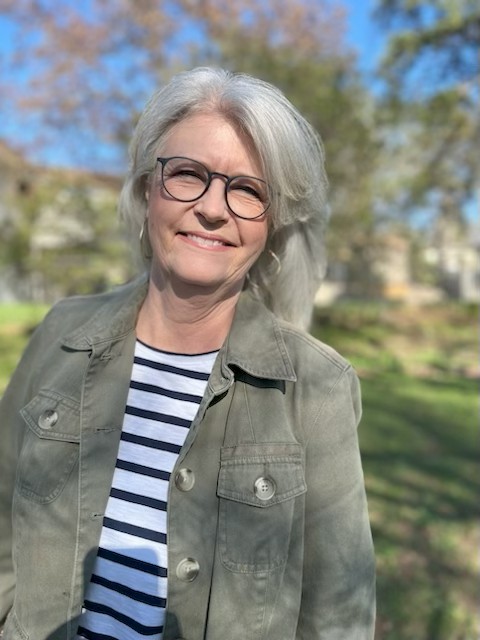We’re excited to introduce you to the always interesting and insightful Terri Morrison Kaiser. We hope you’ll enjoy our conversation with Terri below.
Hi Terri, appreciate you sitting with us today to share your wisdom with our readers. So, let’s start with resilience – where do you get your resilience from?
Resilience is a ‘must-have’ for writers. For years, I was a closet writer — writing only for myself, never thinking I could write anything others would find entertaining. Once I dared venture into the scary, confusing, and frustrating world of publication, I received brutal rejections that made it hard to appreciate what little encouragement I received. But I didn’t stop. All I can attribute that to is the strong women who raised me, my mother, grandmothers, and aunts. I was surrounded by women who didn’t ask why, but squared their shoulders and carried on.
My resiliency was put to the test a few years ago when I decided to make a drastic change to my life. I left the only life I’d known and moved to a new town in a new state. Finding my place among so many unknowns was hard, but necessary for my own well-being. Three and a half years into this reawakening, I am building a life that supports me and my writing in ways I never imagined.
I used to think resilience meant tucking away those things that made me unhappy and forging on anyway. Now I know it means giving oneself grace to bend during disappointment, weather the storms that help us grow, and thrive despite it all.

Great, so let’s take a few minutes and cover your story. What should folks know about you and what you do?
I have always been passionate about history. Wildflowers is my latest work of historical fiction, set in the early 1930s, about two sisters who leave their family and farming community to find work, only to be tested in ways they never saw coming. It is a tale of family, love, heartbreak, and courage. This story is close to home for me, as it’s loosely based on the story of my grandmother and her older sister. The Depression was a harrowing time, to say the least, but Daisy and Willa Grace will grab your heart and not let go.
Writing my third book, The Witness Tree, also a historical fiction novel, was a study in how the past informs the present. Skeletal remains are found in a hollow tree in the back forty of a northern Wisconsin farm. Long-forgotten secrets and lies resurface nearly fifty years later, forcing a reckoning for the sole survivor and her role in the tragedy.
Romantic comedy can be as entertaining to write as it is to read. Finding common ground between two opposing humans is akin to piecing a puzzle with some laughs thrown in. Finding Lucy and Kissing Livvy were such fun to create. Recently, I came up with a few characters that won’t let me be. I’ve resigned myself to the fact that I’ll have to give these two knuckleheads a story.

Looking back, what do you think were the three qualities, skills, or areas of knowledge that were most impactful in your journey? What advice do you have for folks who are early in their journey in terms of how they can best develop or improve on these?
A thirst for learning is so important. I always want to learn more, whether it’s crafting interesting characters, developing plot structures that move the story forward, bringing sensory details alive, or writing snappy dialogue that’s entertaining. I want my writing to be worthy of what people spend in time and dollars to read what I’ve written.
Surrounding myself with other writers has been key. It’s helped me manage my sometimes debilitating case of imposter syndrome. You know, that little devil inside your brain that screams, “What makes you think you can write a book?”
Lastly, a thick skin. Critical feedback can be helpful or hurtful. A writer needs to be able to sift through it all and decide what’s fair and what is not. We can’t take ourselves too seriously. I can be stubborn, but I try to remain objective enough to recognize that I’m not always right. Sometimes I need to allow a suggestion or a rejection to roll around in my head for a time.

Awesome, really appreciate you opening up with us today and before we close maybe you can share a book recommendation with us. Has there been a book that’s been impactful in your growth and development?
Stephen King put out a great book, On Writing. I highly recommend it, but there were so many others—too many to list. Pay attention to your writing weaknesses and find books that address those issues. I think I’m fairly good with dialogue, but I knew I was lacking when it came to sensory detail and plot. The Fire in Fiction by Donald Maass is a good one, along with Plot and Structure by James Scott Bell. These books have been available for a while, but new ones are released every day.
I can’t ever say enough about libraries and librarians. They are priceless.
Contact Info:
- Website: https://www.terrimorrisonkaiser.com
- Instagram: https://www.instagram.com/terrikaiser12/
- Facebook: https://www.facebook.com/terri.m.kaiser

so if you or someone you know deserves recognition please let us know here.




